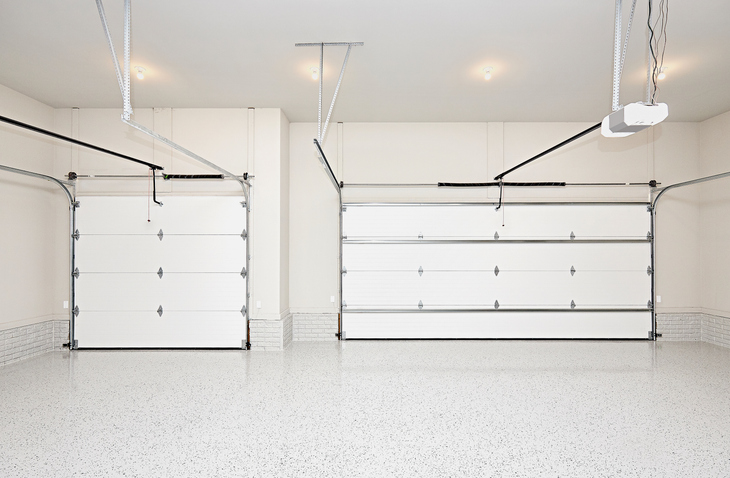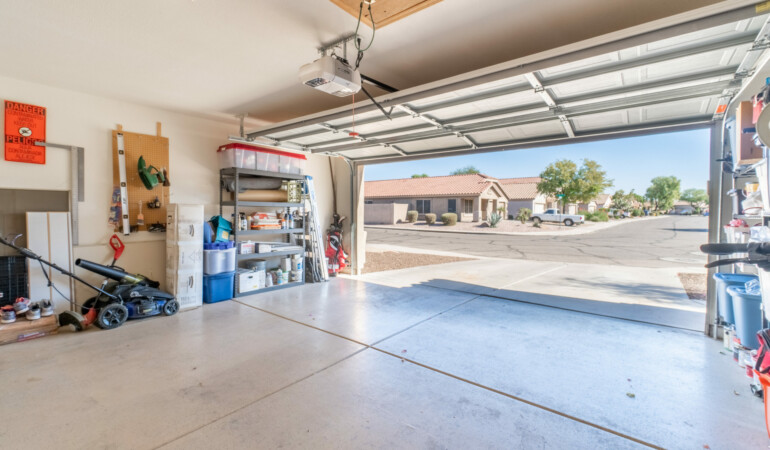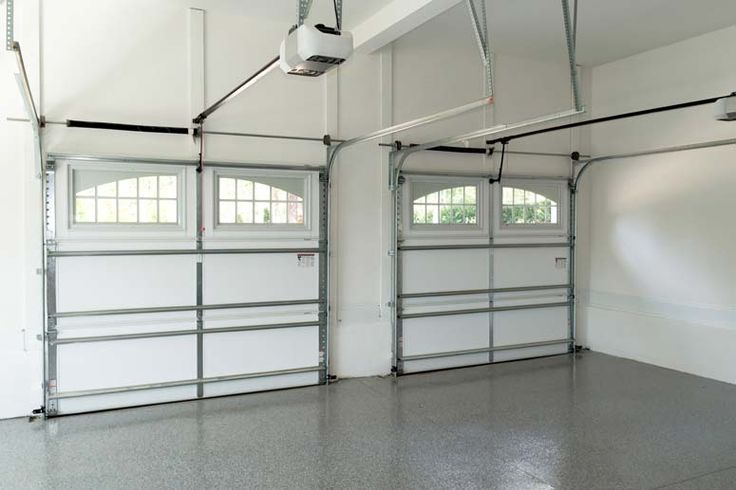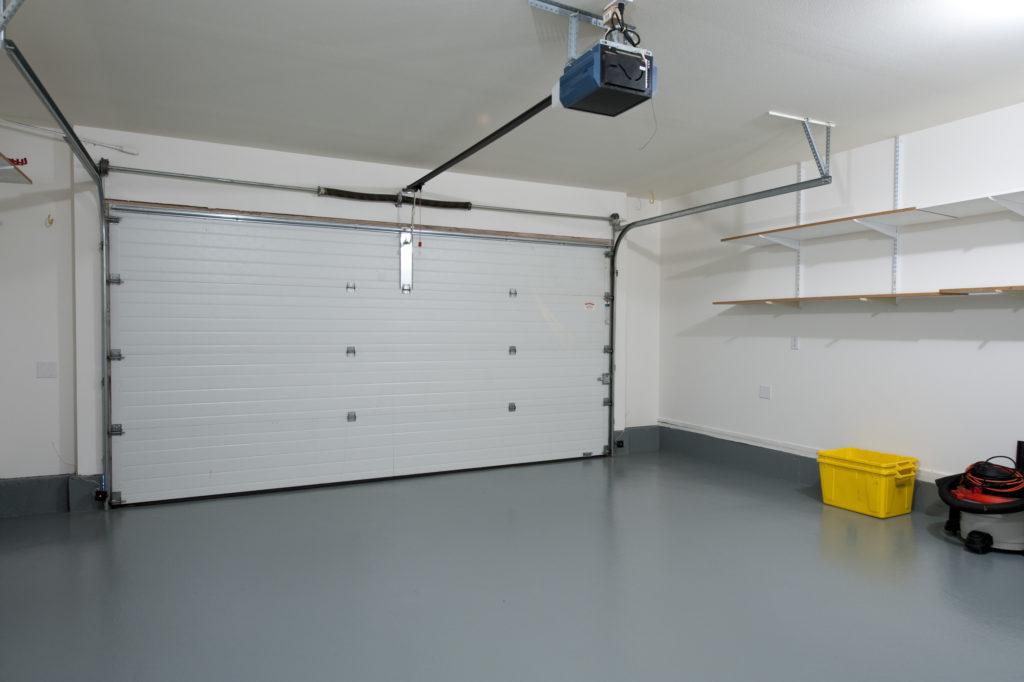When it comes to insulating your garage door, you have two main options: foam insulated and panel insulated. Both have their benefits and drawbacks. This article will help you understand the differences between them, so you can make an informed decision for your home.

What are Insulated Garage Doors?
Before diving into the specifics of foam vs panel insulated garage doors, it’s essential to understand what insulated garage doors are. These doors are designed to maintain the temperature inside your garage by reducing heat loss or gain, which helps improve your home’s energy efficiency.
Types of Insulation
There are two main types of insulation used in garage doors: foam and panel. Each type has its unique properties and benefits.
Foam Insulation
Foam insulation is typically made of polystyrene or polyurethane. It is applied as a spray or in rigid panels, which are then inserted into the door’s frame. Foam insulation is known for its excellent thermal resistance, lightweight, and soundproofing capabilities.
Panel Insulation
Panel insulation uses layers of insulating material sandwiched between sheets of metal or wood. This type of insulation is heavier but offers better durability and security. Panel insulated doors are also easier to customize in terms of design.
Comparing Foam vs Panel Insulated Garage Doors
When deciding between foam vs panel insulated garage doors, consider the following factors:
1. Thermal Efficiency
Foam insulated doors generally provide better thermal resistance, as foam has a higher R-value per inch than panel insulation. This means foam-insulated doors can offer better energy efficiency and help reduce heating and cooling costs.
2. Soundproofing
If noise reduction is a priority, foam insulation is the better choice. Foam’s dense structure absorbs sound waves, making it an excellent option for reducing noise from both inside and outside the garage.
3. Durability
Panel insulated doors are typically more durable due to their solid construction. The layers of metal or wood provide added strength and resistance to dents and damage.
4. Cost
While foam insulated doors may be more energy-efficient, they are generally more expensive than panel insulated options. If budget is a concern, panel insulated doors may be a more cost-effective choice.
Installation Process
The installation process for both types of doors varies slightly. Check local permit requirements to ensure compliance.
Foam Insulated Door Installation
Foam insulated doors often require professional installation due to their complex design and the need for precise alignment. The foam panels must be carefully inserted into the door’s frame to ensure optimal insulation.
Panel Insulated Door Installation
Panel insulated doors can be easier to install for DIY enthusiasts. The panels are usually pre-cut and fit together like a puzzle, making it simpler to assemble and install.
Maintenance and Longevity
Both types of insulated garage doors require regular maintenance to ensure longevity. Learn more about maintaining energy efficiency in insulated doors.
Foam Insulated Doors
Foam insulated doors may require periodic checking for cracks or damage to the foam panels. Any gaps or cracks should be addressed promptly to maintain insulation efficiency.
Panel Insulated Doors
Panel insulated doors need regular cleaning and maintenance to prevent rust or damage to the metal components. Ensure the joints and hinges are lubricated to keep the door operating smoothly.
Environmental Impact
Both foam and panel insulated doors contribute to energy savings by reducing heat loss. However, foam insulated doors typically have a lower environmental impact due to their superior energy efficiency.
Customization Options
Customization options vary between the two types of doors. Foam insulated doors are often available in a limited range of designs, while panel insulated doors offer more flexibility in terms of aesthetics and materials.
Conclusion
Choosing between foam vs panel insulated garage doors ultimately depends on your priorities and budget. Foam insulated doors offer better thermal efficiency and soundproofing, while panel insulated doors provide durability and design flexibility. Consider your specific needs and consult with professionals to make the best decision for your home.
For more information on garage door insulation, visit this helpful guide.

Frequently Asked Questions
1. Are foam insulated garage doors more energy-efficient?
Yes, foam insulated doors generally offer better energy efficiency due to their higher R-value per inch, which helps in maintaining a consistent temperature inside the garage.
2. Can I install an insulated garage door myself?
While panel insulated doors may be easier for DIY installation, foam insulated doors often require professional installation to ensure proper alignment and efficiency.
3. How do I maintain my insulated garage door?
Regular maintenance includes checking for damage, cleaning, and lubricating moving parts. This helps prolong the lifespan of both foam and panel insulated garage doors.
This article contains affiliate links. We may earn a commission at no extra cost to you.









